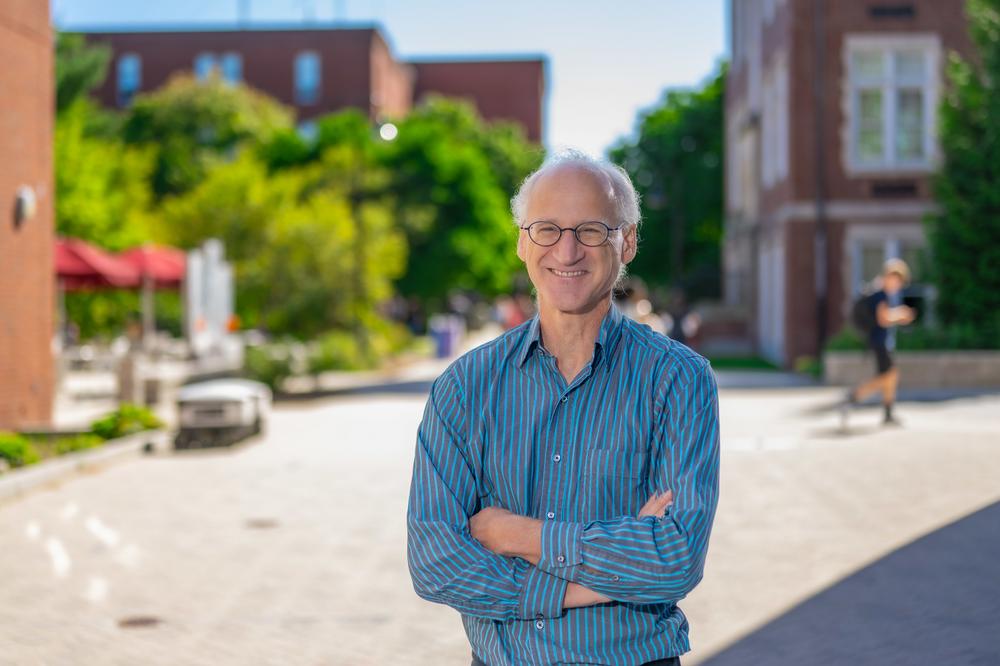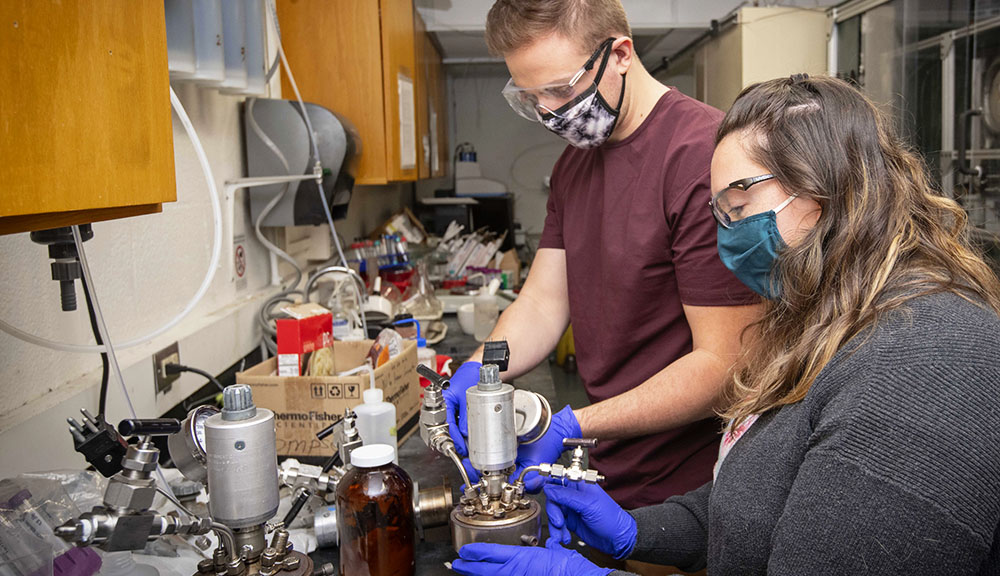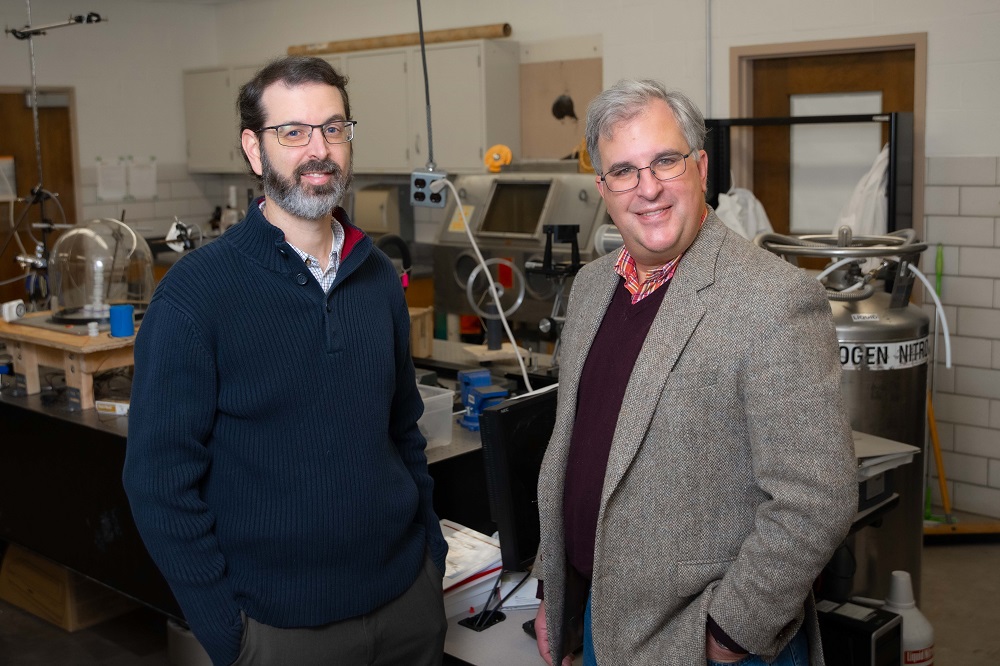What
Worcester Polytechnic Institute (WPI) will continue its annual energy seminar series with "Save the World with Nuclear Power," a discussion on the development of alternate forms of nuclear reactors that could turn high-level nuclear waste into electric power. The seminar is free and open to the public.
Who
Transatomic Power co-founder Leslie Dewan, PhD, will discuss the potential of nuclear power as a safe, clean, and affordable answer to global energy demands. In 2013, Dewan was named one of Time magazine’s "30 People Under 30 Changing the World" and an MIT Technology Review "Innovator Under 35."
Transatomic Power is developing a molten salt nuclear reactor that can run entirely on nuclear waste. It consumes the waste, reducing its radioactive lifetime while generating large amounts of carbon-free electricity. This new reactor design, among many others currently being developed, is pushing the boundaries of nuclear technology.
When
Tuesday, Nov. 11, at 5 p.m.
Salisbury Laboratories, Room 104
Worcester Polytechnic Institute, 100 Institute Road, Worcester, Mass.
Why
The Energy Sustainability Project Center is sponsoring the series, which aims to educate and inspire students and faculty on the technical, societal, and policy aspects of energy.
"Energy is an inherent part of all of our lives; it drives our economy," said John Orr, the center’s director and professor of electrical and computer engineering. "Energy has played a fundamental role in WPI’s nearly 150-year history. WPI was founded to educate engineers for America’s industrial revolution. This industry drove the economy of the nation, and it was based on energy. Now we see research on sustainable forms of energy across the institution: materials for better batteries and stronger wind turbine blades in mechanical engineering, clean fuel cells in chemical engineering, ’smart grids’ in electrical and computer engineering."


